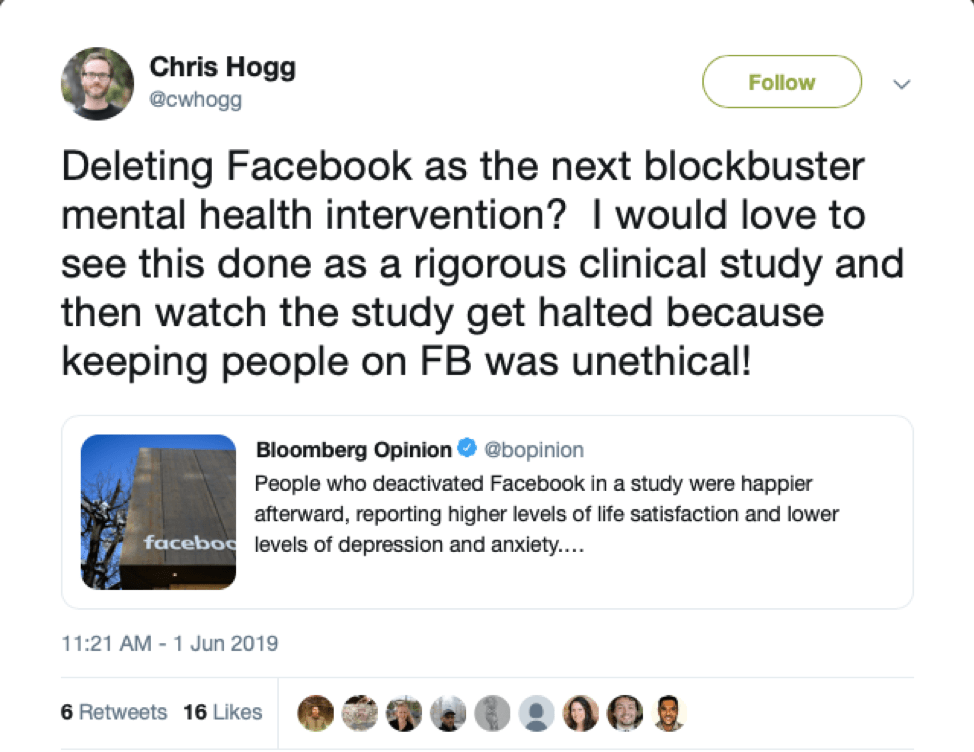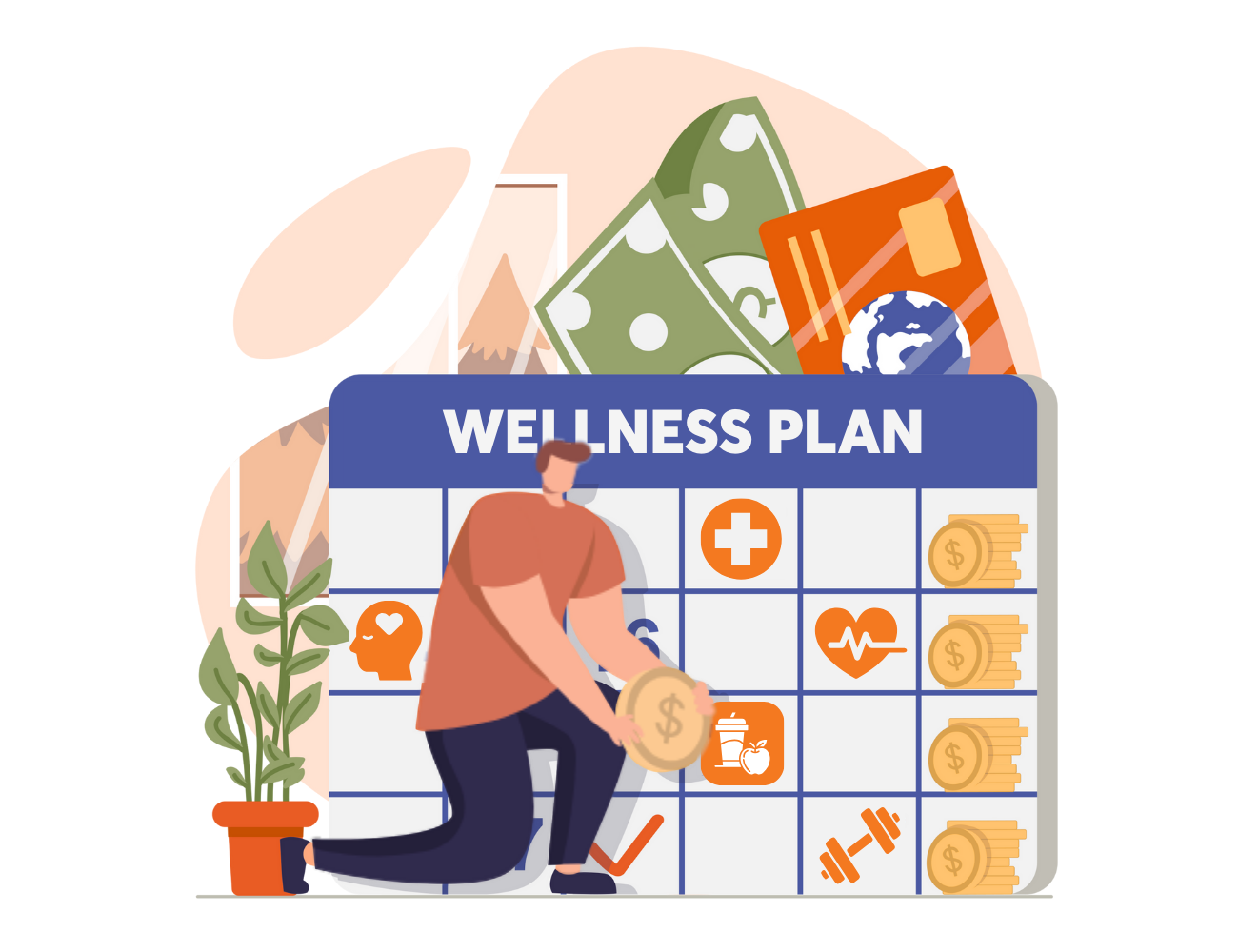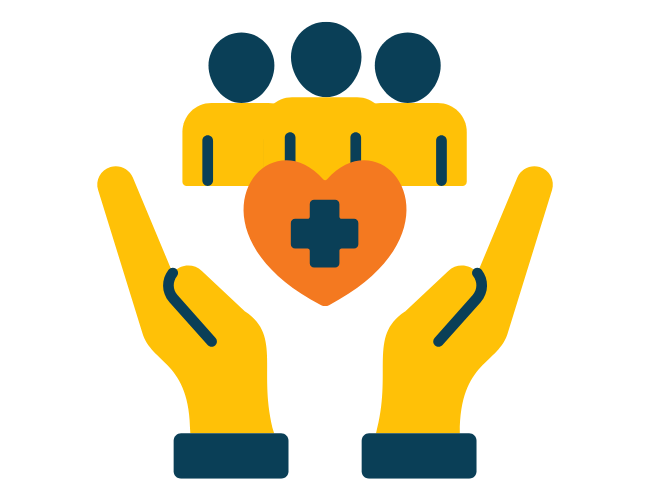Smoking is not a healthy habit. That’s indisputable, but still, 34.3 million people in the U.S. smoke. It’s also important to start early to save for retirement, yet one in four adults don’t save any money for that purpose.
The same goes for eating a healthy diet, participating in a corporate wellness program, or doing practically anything else people know is “good” for them. Despite being aware of the better choice, people often choose option B. Why is that? After all, shouldn’t people make the logical decision to do what’s in their best interest?
In traditional economic theory, they would. In this theory, people would try to maximize utility. In other words, they would try to make the most of what they have, so they’d save money to prepare for retirement as well as be active and eat nutritious meals to decrease the risk of developing chronic illnesses. For the most part, however, they don’t.
Behavioral Economics And “Illogical” Decisions
While traditional economic theory can’t explain this disconnect, behavioral economics can. Instead of looking at what people “should” do, behavioral economics combines insights from psychology and economics to look at how people really behave.
That distinction is important. Behavioral economics explains, for example, why people value a smaller reward now more than a greater reward in the future (a.k.a., present bias) or why people are reluctant to make changes because the perceived loss of what is viewed as greater than the possible gain (a.k.a., loss aversion), even when this may not be true.
Behavioral economics explains the cognitive biases and mental shortcuts in humans that can result in intentionally doing things that make us feel bad.
Facebook FOMO Is Real
 FOMO is real. FOMO (or fear of missing out) is an emotion that propels many people to constantly check Facebook, Snapchat, Instagram, and other forms of social media. Although people claim to enjoy social media, being on these platforms too long can affect mental health.
FOMO is real. FOMO (or fear of missing out) is an emotion that propels many people to constantly check Facebook, Snapchat, Instagram, and other forms of social media. Although people claim to enjoy social media, being on these platforms too long can affect mental health.
A study about the effects of using Facebook asked more than 2,700 users to deactivate their account for four weeks. Although the deactivation was only for Facebook, their activity on other social media ended up decreasing as well. At the end of the period, study participants said they were happier, had higher levels of life satisfaction, and had lower levels of depression and anxiety.
An earlier study showed similar results when participants limited their use of Facebook, Snapchat, and Instagram. Similar to the Facebook study, participants in this study who used social media less significantly improved their well-being, showing reduced loneliness and depression.
Researchers say this is because social media invites people to compare their lives to others, and when constantly looking at other people’s exciting Insta stories, an ordinary life looks decidedly worse. But to NOT keep track of friends’ activities means missing out and that FOMO drives people to check social media, even if they feel bad about themselves afterward.
Totally logical in the behavioral economics world.
Understanding Behavioral Economics For Wellness Programs
Wellness programs seek to help employees be healthy and happy. Does this mean companies should ban social media during office hours for the good of the employees? Good luck with that one! But no. Wellness programs are not intended to create paternalistic rulings but instead are designed to help guide employees to want to make better decisions and to give them the opportunities and resources to act on those choices.
In that vein, wellness programs can take a page out of the behavioral economics book. When looking at programs to support mental health, invite employees to a challenge to reduce their usage. Provide an incentive and activate a little loss aversion by reminding them not to miss out on the opportunity. Focus on the benefits by framing the decreased time on social media as more free time to do other enjoyable activities.
Whether it is helping employees improve their mental health by decreasing social media usage or helping them improve their physical health by quitting smoking, effective wellness programs must be designed to understand the decisions employees really make, not just the ones they logically should.












